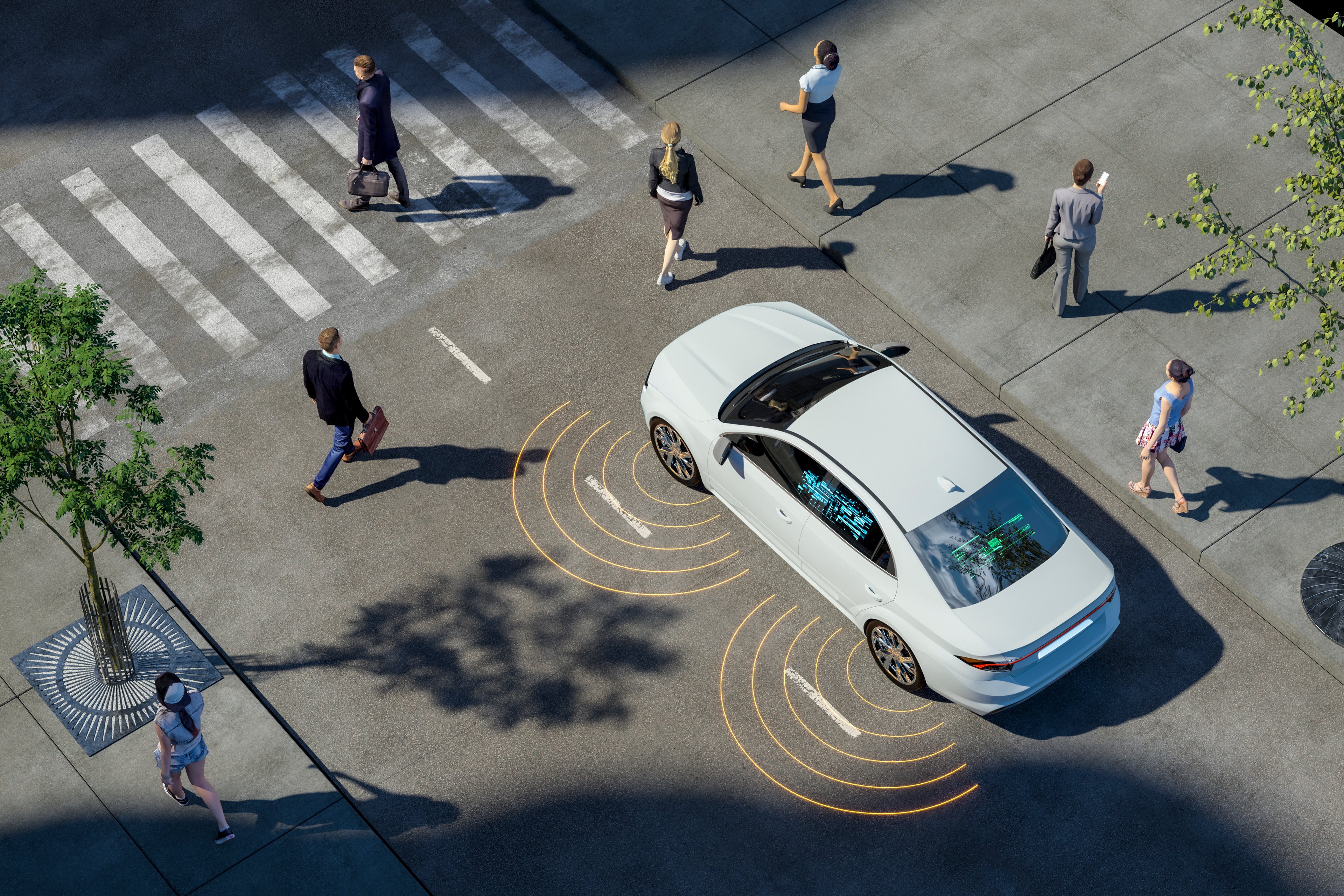Shares of ride-hailing specialists Uber (UBER 2.02%) and Lyft (LYFT 5.04%) skyrocketed today after Uber hosted a conference call with analysts in an effort to reassure investors that the company would be able to withstand the novel coronavirus pandemic that is destroying much of the travel industry. Last year, Uber set a goal to reach adjusted EBITDA profitability for 2021, and the company this week warned that the commentary it provided was not to be considered a formal update to its guidance "due to the fluidity of the situation."
Here's what Uber management had to say this morning.

Image source: Uber.
"Liquidity is key"
"The most important thing to know is that we are well positioned to weather this crisis and emerge even stronger," CEO Dara Khosrowshahi said while kicking off the call. "We have ample liquidity, we have a highly variable cost structure, a global footprint, multiple business lines that give us diversity, and case studies for how quickly our business is likely to rebound after a shock like this."
Khosrowshahi acknowledged that many drivers are suffering, which is why the company recently announced sick pay for drivers despite long-standing resistance regarding such benefits, as they are typically unavailable to contract workers.
"In any crisis, liquidity is key," the chief executive observed, before noting that Uber had roughly $10 billion in unrestricted cash at the end of February, compared to the $11.3 billion that Uber finished 2019 with. Additionally, Uber does not have any restrictive debt covenants. Under a worst-case scenario, Uber estimates that it will still have around $4 billion in cash at year-end. The tech company is confident that it will end up having $6 billion, and it also has a $2 billion revolver that it can tap if needed. About $1.5 billion in cash has already been committed to previously announced acquisitions.
Acknowledging the fundamental business impacts, Khosrowshahi said that bookings in severely affected markets like Seattle have plunged by 60% to 70% compared to a year ago. The company is confident that some other regions have already seen the worst of the crisis and will soon start to recover.
In terms of diversity, the company has a key advantage over Lyft in that the Eats food delivery service remains strong as consumers stay at home and order food. "Our Eats business is an important resource right now," Khosrowshahi said. Lyft does not currently have a food delivery business but is reportedly exploring the idea.
Rival Lyft had spoken too soon when CFO Brian Roberts expressed confidence in the business earlier this month, only to see demand in ridesharing immediately crater as COVID-19 began to rapidly spread within the U.S. With both stocks soaring today, the effort to reassure investors seems to have worked.







